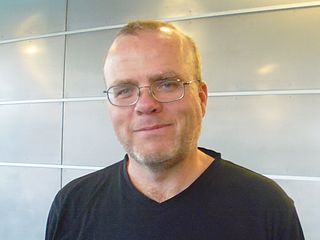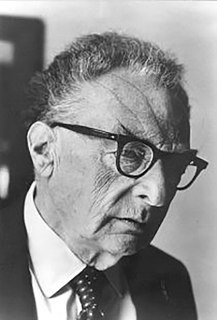A Quote by Hal Abelson
A powerful programming language is more than just a means for instructing a computer to perform tasks. The language also serves as a framework within which we organize our ideas about processes.
Related Quotes
First, we want to establish the idea that a computer language is not just a way of getting a computer to perform operations but rather that it is a novel formal medium for expressing ideas about methodology. Thus, programs must be written for people to read, and only incidentally for machines to execute.
There is no doubt about it: we are judged by our language as much as (perhaps more than) we are judged by our appearance, our choice of associates, our behavior. Language communicates so much more than ideas; it reveals our intelligence, our knowledge of a topic, our creativity, our ability to think, our self-confidence, et cetera.
We sift reality through screens composed of ideas . (And such ideas have their roots in older ideas.) Such idea systems are necessarily limited by language , by the ways we can describe them. That is to say: language cuts the grooves in which our thoughts move. If we seek new validity forms (other laws and other orders) we must step outside language.
Language designers want to design the perfect language. They want to be able to say, 'My language is perfect. It can do everything.' But it's just plain impossible to design a perfect language, because there are two ways to look at a language. One way is by looking at what can be done with that language. The other is by looking at how we feel using that language-how we feel while programming.
We believe we can also show that words do not have exactly the same psychic "weight" depending on whether they belong to the language of reverie or to the language of daylight life-to rested language or language under surveillance-to the language of natural poetry or to the language hammered out by authoritarian prosodies.
Sexuality is primarily a means of communicating with other people, a way of talking to them, of expressing our feelings about ourselves and them. It is essentially a language, a body language, in which one can express gentleness and affection, anger and resentment, superiority and dependence far more succinctly than would be possible verbally, where expressions are unavoidably abstract and often clumsy.

































